Irene Lancaster
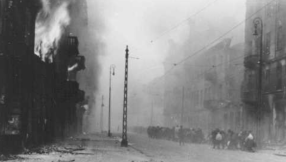
80 years after the Warsaw Ghetto uprising, what have we learnt?
What can we do? What is my father's legacy? What is my grandmother's legacy on this sorrowful day?

Leviticus and lessons in leadership
Jewish academic and Hebrew scholar Irene Lancaster explores the Jewish approach to leadership and lessons from Leviticus.
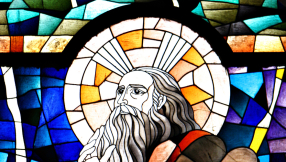
Elijah and the prophets of Baal
So often in life we prevaricate until it is too late. We don't make decisions when we should, thus enabling bad outcomes.

A new book brings Christians and Jews closer together
As the Jewish community commences the festival of Chanukah on Sunday night, the 8-day festival of the miracle of the lights (and don't forget to listen to the Classic FM Chanukah musical celebration programme on Boxing Day, 9.00 pm), it might seem apt to celebrate a new book which aims to bring Christians and Jews closer together.
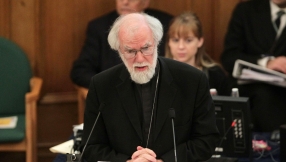
Lord Williams and freedom of worship
In his BBC Reith Lecture, Lord Williams goes some way to opening up minds and hearts to living a more proactive definition of religion and worship.
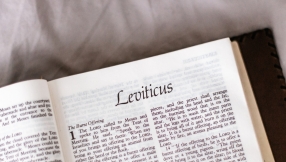
Against abandoning the Pentateuch
Jewish academic and Hebrew scholar Irene Lancaster examines the Pentateuch and its importance to both Judaism and Christianity.

The in-between month of Marcheshvan: a time to recap and look forward
Jewish academic and Hebrew scholar Irene Lancaster delves into the meaning to be found in the mundane and how the present is connected to the future.

The legacy of the Flood and the legacy of Shem
Jewish academic and Hebrew scholar Irene Lancaster explains why it is the legacy of Shem that is so necessary today.

The humble Sukkah, symbol of the Jerusalem Temple in our fallen world
Jewish academic and Hebrew scholar Irene Lancaster reflects on the major Jewish festival of Sukkot and what it has to do with tents and 'clouds of glory'.

Rosh Hashana, monarchy and memories
There may be many human monarchs, but there is only one true ruler, and that is G-d Himself.
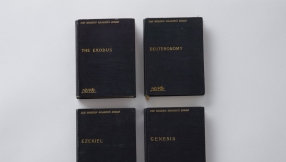
What makes a real leader? Deuteronomy has the answer
Throughout history, we have experienced monarchy and other kinds of supreme leadership which go against the definition of monarch in the Hebrew Bible.

On the Jewish New Year for Animals
Jewish academic and Hebrew scholar Irene Lancaster on why she thinks the time is ripe for the resurrection of the Jewish New Year for Animals.
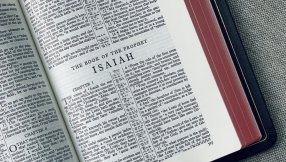
What Isaiah teaches us about God's forgiveness and generosity
Jewish academic and Hebrew scholar Irene Lancaster reflects on the wonderful message of hope for the displaced and the unfortunate, the downtrodden and the sinner from Isaiah 55:6-56:8.

Moses, Elijah and how to pass on the mantle of leadership
The experience of Moses and Elijah in choosing their successors could teach us a thing or two for our present times.

Micah, Balak, Balaam and what the Lord requires of us
It's up to all of us, especially our political and religious readers, those who constantly read from the Hebrew Bible and/or New Testaments, to internalize all these teachings and put them all into practice

Lessons from the Jewish concept of the Sabbath of the Land
Jewish academic and Hebrew scholar Irene Lancaster reflects on how the key Jewish concept of Shemitta (Sabbath of the Land) and Jubilee can reboot the world and set us all free.